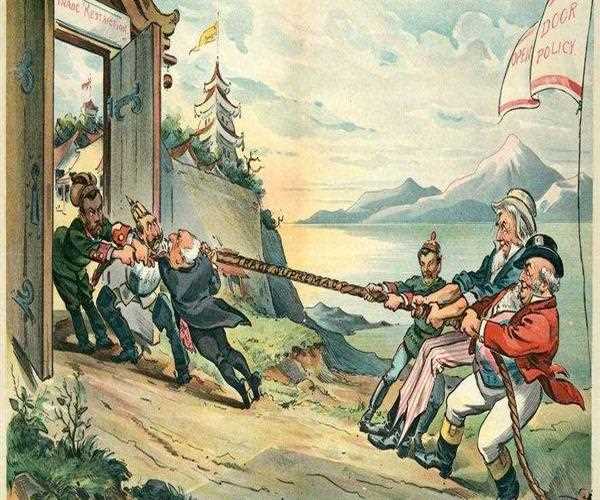The Open Door Policy was an American suggestion that expected to keep Chinese markets open for all and not enable any one nation to pick up control over the area.

Envision a horde of urgent customers sitting outside of a toy store on Black Friday, just before it opens. Envision them jarring and pushing each other for a front-of-the-line position. What is the most ideal approach to quiet down this voracious and eager conduct? Without a doubt, it is to open the way to all! This Black Friday situation isn't dissimilar to the circumstance in China amid the late 1800s and mid-1900s. At the time, every single European nation was anxious to build up control over this intensely populated nation brimming with rich markets.
The Open Door Policy was an American answer for the moving among all nations to secure China. It essentially said the most ideal approach to maintaining a strategic distance from a contention over China was to keep it an open market for all. Much the same as the case of the toy store, the Open Door Policy was placed as a result to keep China's 'entryway' open to exchange from all nations.
In the late 1800s and mid-1900s, nations were occupied with a boundless scramble to extend their settlements around the globe. This forceful financial and political push was known as the Age of Imperialism. For instance, the French, Belgians, Dutch and British had moved into the Middle East, Africa, and Asia.
Japan had accepted control over the Korean landmass, and the United States was applying control over Latin America and the Asian Pacific. Everything considered it looked simply like a frantic dash to see which country could get the most regional belonging.
One nation that all domain building powers needed to control was China. Amid the late nineteenth century, the Chinese government was in a delicate state, and diverse nations had assigned effective reaches within China. Authoritative reaches are regions of financial and political control.
"All the best"